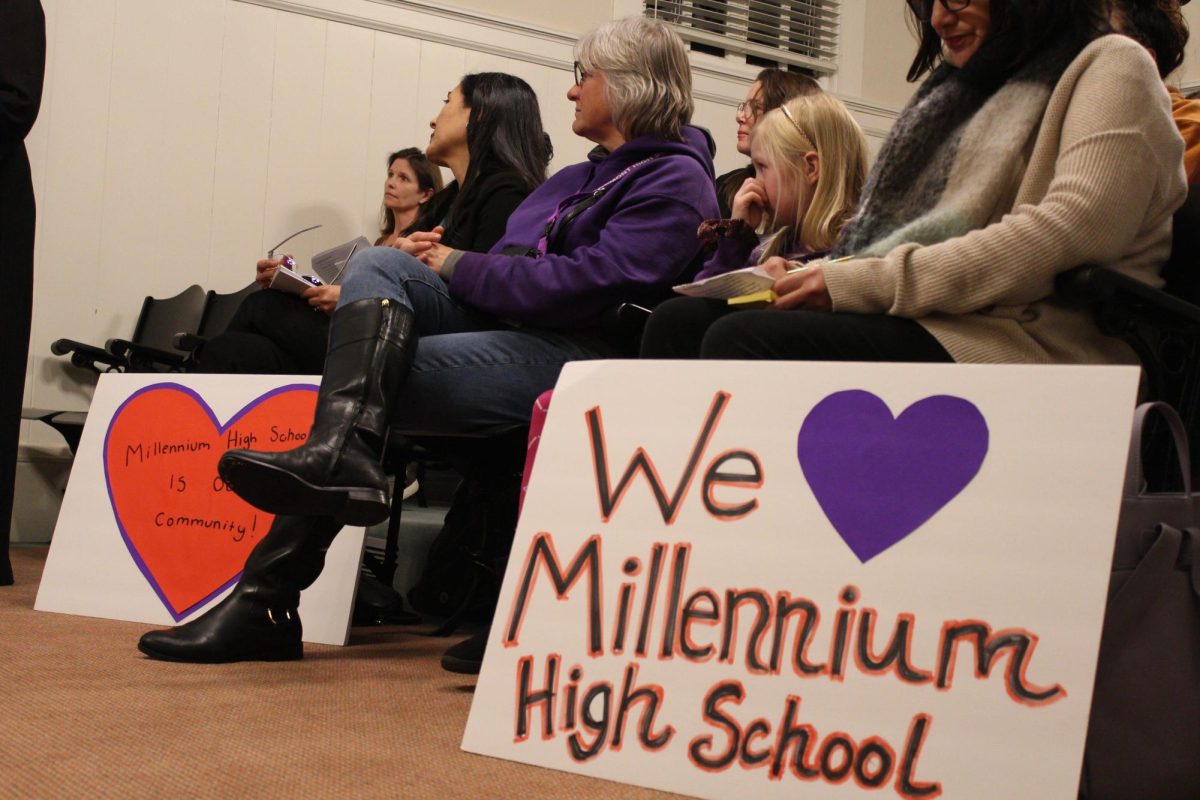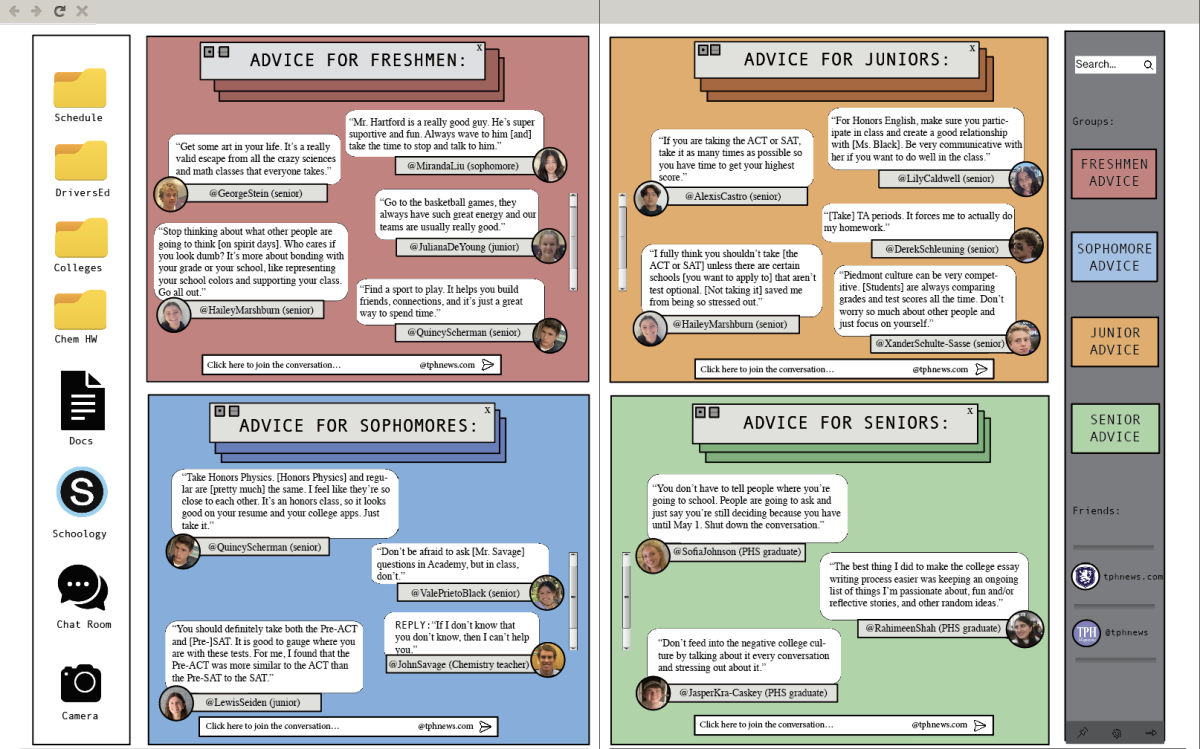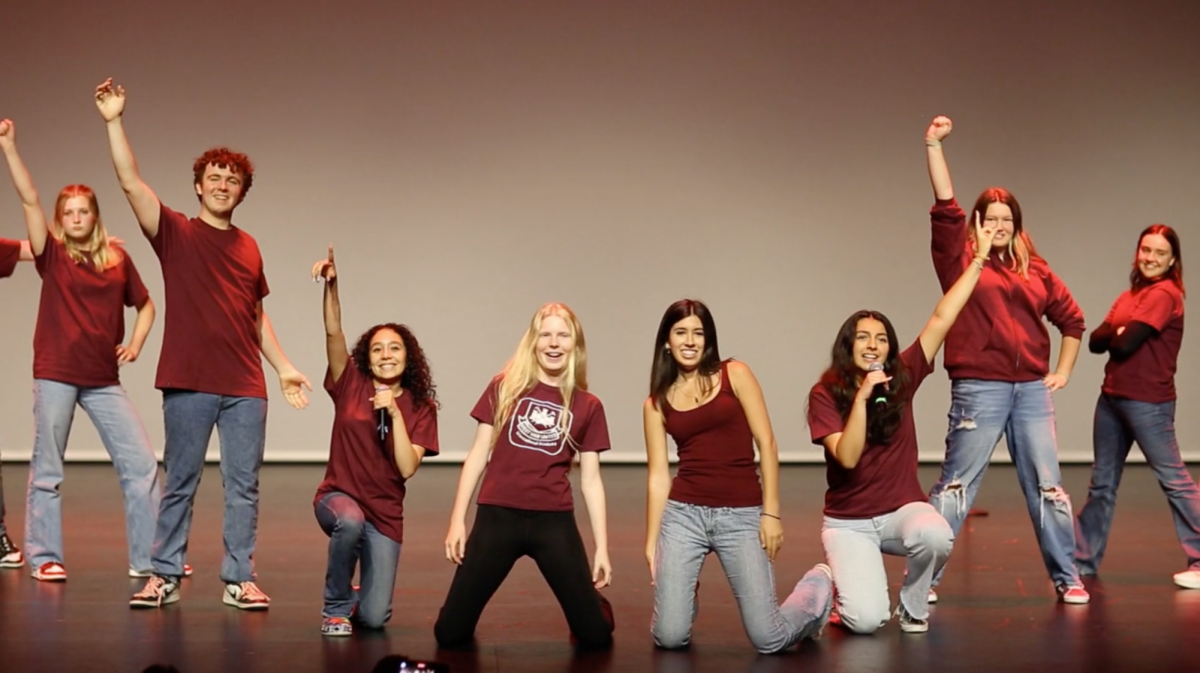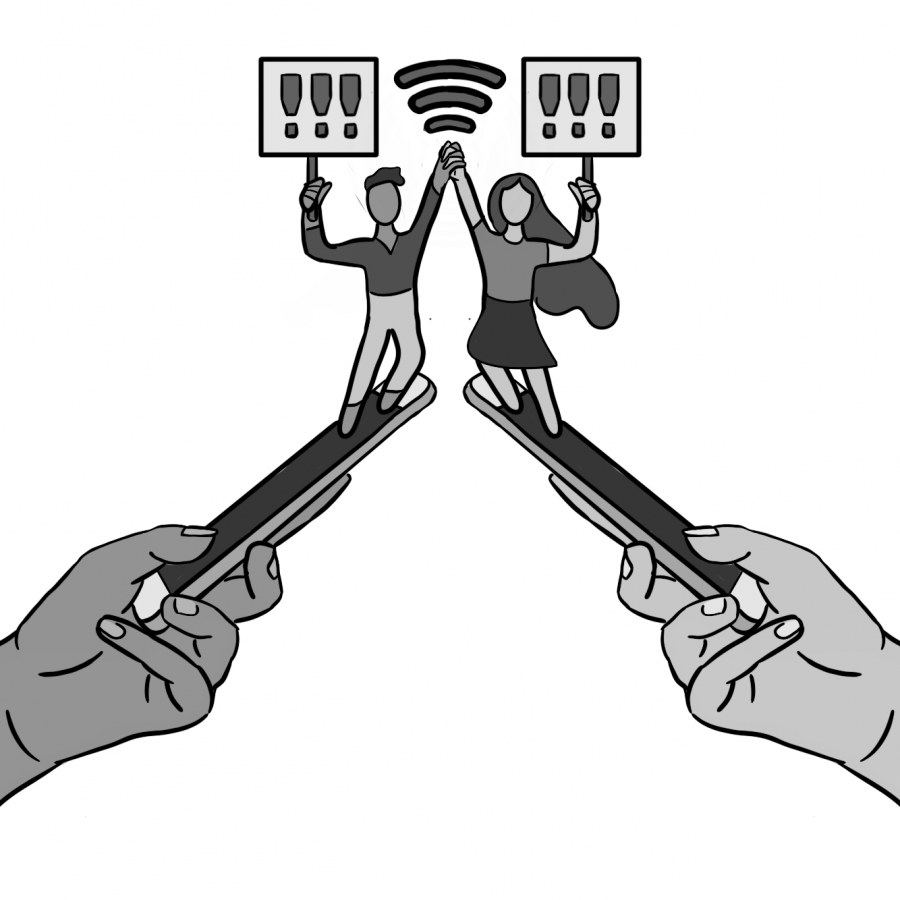What was once the basis of our nation’s founders’ beliefs is now rapidly losing hold in modern America, and even across the world.
According to the Gallup Business Journal, the number of people across the world identifying as Christians has decreased from 69% in 1948 of the world’s population to 56% in 2009. The number of people who claim no religious identity has been on a steady rise, from two percent in 1948 up to 13% in 2009. This trend is most visible in youth.
“Over the years I have noticed a drop off in young people going to church,” said Pastor of Student Ministries Scott Kail. “I think the trend goes beyond young people to many, such as parents and single adults.”
Kail said that he thinks the Church is losing followers because there is a historical stigma that the Church has somewhat earned of being judgmental, intolerant, and condemning, and that people are becoming more and more disillusioned with the Church, but not necessarily with God.
“I have memories when I was little of adults preaching to me about sinning and Hell, that God was there to save me,” senior Laura Jetter said of her experience with religion. “I remember being traumatized when some adult was yelling at me for not believing in God. Back then I was terrified and confused.”
In studies conducted strictly about the Christian faith by the American Research Group it was found that by college, only 11% of those who attended church as children continued practicing the religion, and that some had doubts about their beliefs in the faith as early as middle school. However, there are many reasons a person chooses not to follow any religion.
“Both my parents are atheists, so my brother and I were brought up to be the same,” Jetter said of what shaped her opinion on religion.
Laura Jetter’s father, Bill Jetter, said that his parents also raised him without religion although they were raised Catholic and Protestant.
Bill Jetter said he thinks religious affiliation is declining because “people are getting more educated, better connected, and do not need religion. Religion had its place in early human development to help explain nature and the human psyche. The more we learn about both, the less we need religion to fill the unknown void.”
As a child, Bill Jetter was invited to religious services with his friends but found that he “never needed a supernatural being to provide [him] with an ethical or spiritual compass.”
Christian Post found that a major reason religion is declining is that children learn about scientific discoveries in school and are told Bible “stories” in church, making the faith seem less reliable. Many students surveyed also said that they disagreed with some things they were taught in church, such as ideas against evolution and issues regarding gay rights and abortion.
American Baptist minister Howard Bess said in an interview with Christian Post that the Christian church is losing its young followers because it is “no longer intellectually stimulating and is no longer a leader in moral and ethical discussions”.
“God and religion are very very old ideas. The new generation is always looking for facts, bases for ideas, solid truth,” Laura said of the decline in religious affiliation in youth. “Nearly everywhere there is a war being fought because of religion. We see the Tea Party using religion as an excuse to refuse a woman the rights to her own body, or deny two lovers the right to marry.”
Kail said that there have been times that he was proud to be associated with the Christian Church in America and times where he has been embarrassed of the association. “My hope is that people can see beyond the humanity of the church and still see Jesus.”
“Today, kids are becoming smarter,” Laura said. “Devoting yourself and praying to something that has no solid evidence or something that hasn’t legitimately affected you plays a major part.”
According to a survey done by the Pew Research Center, “44% of American adults in 2010 had left the faith they were raised under in favor of another religion–or no religion at all”. In addition, people not affiliated with any particular religion stand out for their relative youth compared with other ages. “Among the unaffiliated, 31% are under age 30 and 71% are under age 50” says the Pew Research Center.
Kail said he interpreted youths’ disillusionment with religion as their journey to find their own spirituality, and that young people are “more spiritually hungry than ever,” but aren’t satisfied with what they’ve found in conventional religions.
Bill Jetter thinks that those who follow a religion are “looking for explanation and comfort in faith in a higher being,” but that religion is “susceptible to the whims of men and women who would use religions to abuse and control others.”
Although a person may not be religious, they still may understand some of the benefits of having a religion.
“I personally don’t believe in God and I think that organized religion can take away free mindedness, but I completely respect people who are religious and I really admire the communities that are create,” senior Bryn Daniel said.
For those that have more faith in scientific discoveries than religion, iconic figures of a religion may be comparable to the mythical beings of childhood.
“It becomes more and more difficult to believe in the tooth fairy or Santa as we get older, so why does everyone still believe in God?” Laura said.








































